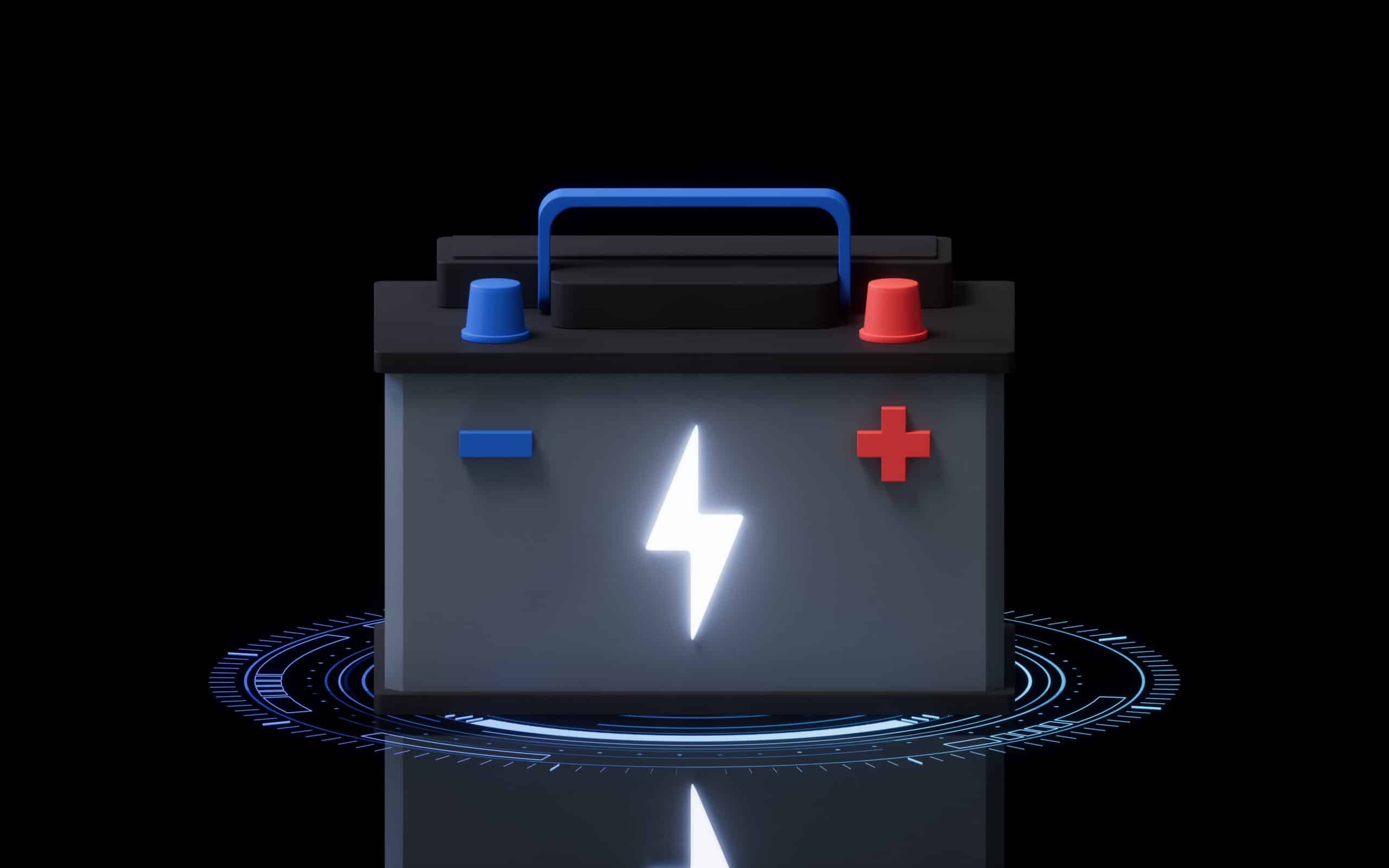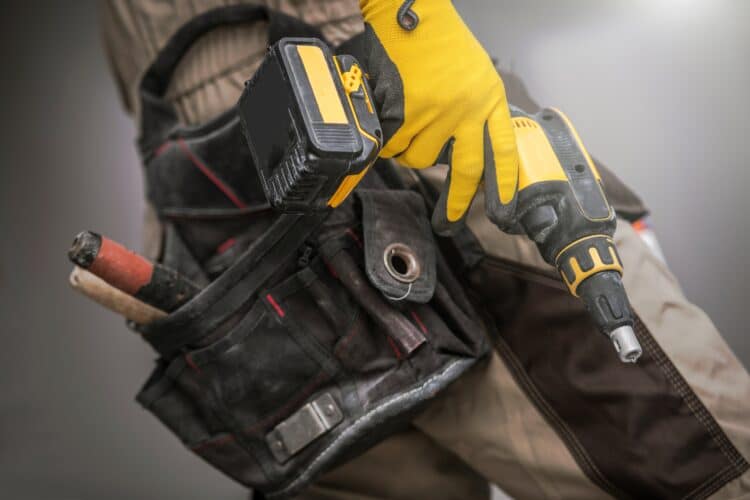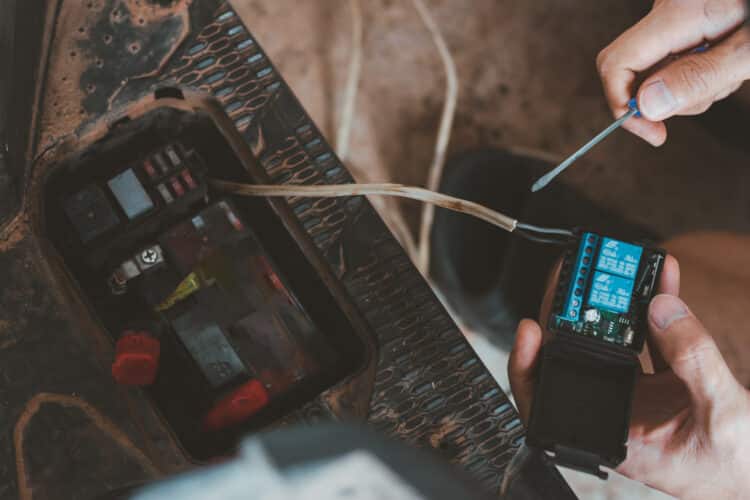How do I know if my lithium battery is bad?
Key Takeaways
- Lithium-ion batteries can degrade over time, resulting in reduced capacity, frequent overheating, and low voltage.
- Signs of a bad lithium-ion battery include swelling, change in color or shape, leaking, odd noises, and random shutdowns or restarts.
- Tests to determine battery health include capacity and discharge test, voltage output test, and visual inspection.
If you own any electronic devices that rely on lithium-ion batteries, you may have wondered how to determine if your battery is still in good condition or if it needs to be replaced. Lithium-ion batteries are commonly used in smartphones, laptops, tablets, and other portable devices due to their high energy density and long lifespan. However, over time, these batteries can degrade and lose their performance. In this article, we will explore the signs and tests you can perform to determine if your lithium-ion battery is bad.
Signs of a bad lithium-ion battery
There are several signs that indicate a lithium-ion battery may be faulty:
- Reduced capacity: If you notice that your device’s battery is not lasting as long as it used to, it could be a sign of reduced capacity. Lithium-ion batteries have a limited number of charge cycles, and as they age, their capacity gradually decreases.
- Frequent overheating: If your battery is getting abnormally hot during normal use or charging, it could be a sign of a bad battery. Overheating not only reduces the battery’s lifespan but also poses a safety risk.
- Low voltage: A lithium-ion battery with a low voltage may struggle to power your device properly. If your device shuts down unexpectedly even when there is some charge left, it could be due to a low voltage battery.
- Swelling: Bulging or swelling of the battery is a clear indication of a bad battery. Swelling occurs when there is a buildup of gas inside the battery, which is often caused by internal damage or excessive heat.
- Change in color or shape: If you notice any discoloration or deformation in your battery, it could be a sign of a bad battery. This could indicate a chemical reaction or physical damage within the battery.
- Leaking: Leakage from a lithium-ion battery is a serious issue and should not be ignored. If you notice any fluid or unusual substances coming out of your battery, it is essential to handle it with care and replace it immediately.
- Odd noises: If you hear any strange noises coming from your battery, such as hissing or popping sounds, it could be a sign of internal damage or a malfunctioning battery.
- Random shutdowns or restarts: If your device frequently shuts down or restarts unexpectedly, it could be due to a faulty battery. Inconsistent power supply from a bad battery can cause these issues.
These signs are not definitive proof that your lithium-ion battery is bad, but they are strong indications that it may be time for a replacement.
Tests to determine battery health
In addition to observing the signs mentioned above, you can perform a few tests to assess the health of your lithium-ion battery:
- Capacity and discharge test: Connect the battery to a load and measure the current passing through using a multimeter. Compare the measured capacity with the manufacturer’s specifications to determine if it is within the tolerance range.
- Voltage output test: Set the multimeter to measure DC volts and connect the probes to the battery’s terminals. Measure the voltage output and compare it with the normal operating voltage range specified by the manufacturer.
- Visual inspection: Look for visible signs of a bad battery such as overheating, swelling, strange smell, or discoloration. These signs indicate that something is wrong with the battery and it should be replaced.
If any of these tests indicate that the battery’s performance consistently falls outside the tolerance range or normal specifications, then it is likely that the lithium-ion battery is faulty and needs to be replaced.
Testing voltage with a multimeter
One of the most common tests to determine the health of a lithium-ion battery is to measure its voltage using a multimeter. Here’s how you can do it:
- Fully charge the battery.
- Set the multimeter to measure DC voltage.
- Touch the positive and negative probes to the corresponding terminals on the battery.
- Read the voltage displayed on the multimeter.
A healthy lithium-ion battery should read between 3.6-3.8 volts for 18650 cells. If the voltage drops quickly when discharged or spikes when charged, it may indicate a damaged battery that needs replacement.
Conclusion
Knowing how to determine if your lithium-ion battery is bad is important to ensure the optimal performance and safety of your devices. By paying attention to the signs of a bad battery and performing simple tests, you can make an informed decision about whether to replace your battery. Remember, a faulty lithium-ion battery can not only lead to reduced device performance but also pose safety risks. If you suspect your battery is bad, it is always recommended to replace it with a new one.
Related Websites:
FAQs:
Q: Why is it important to know if a lithium battery is bad?
Knowing if a lithium battery is bad is important because it helps ensure optimal performance and safety. A bad battery can lead to diminished run-time, charging difficulties, overheating or swelling, and inconsistent performance.
Q: What are the signs of a bad lithium battery?
Signs of a bad lithium battery include diminished run-time, difficulty in charging, overheating or swelling, and inconsistency in performance.
Q: How can I test the health of a lithium battery?
You can test the health of a lithium battery by conducting a voltage check and performing a load test. These methods help assess the battery’s condition and determine if it needs replacement.
Q: How can I extend the life of my lithium battery?
To extend the life of your lithium battery, it is important to store it in a cool and dry environment, protect it from extreme temperatures, and regularly use and charge the battery. Avoid overcharging or deep discharging.
Q: Why should I regularly check my battery health?
Regularly checking your battery health ensures optimal performance, safety, and longevity. If any issues are detected, seeking professional assistance can help address problems early and prevent further damage.





